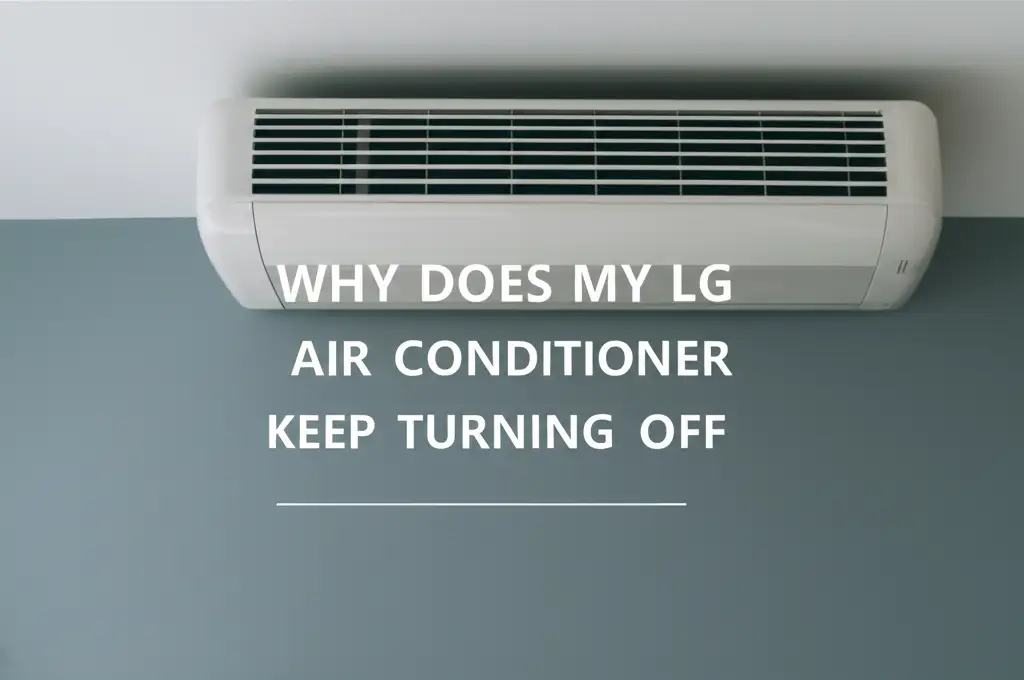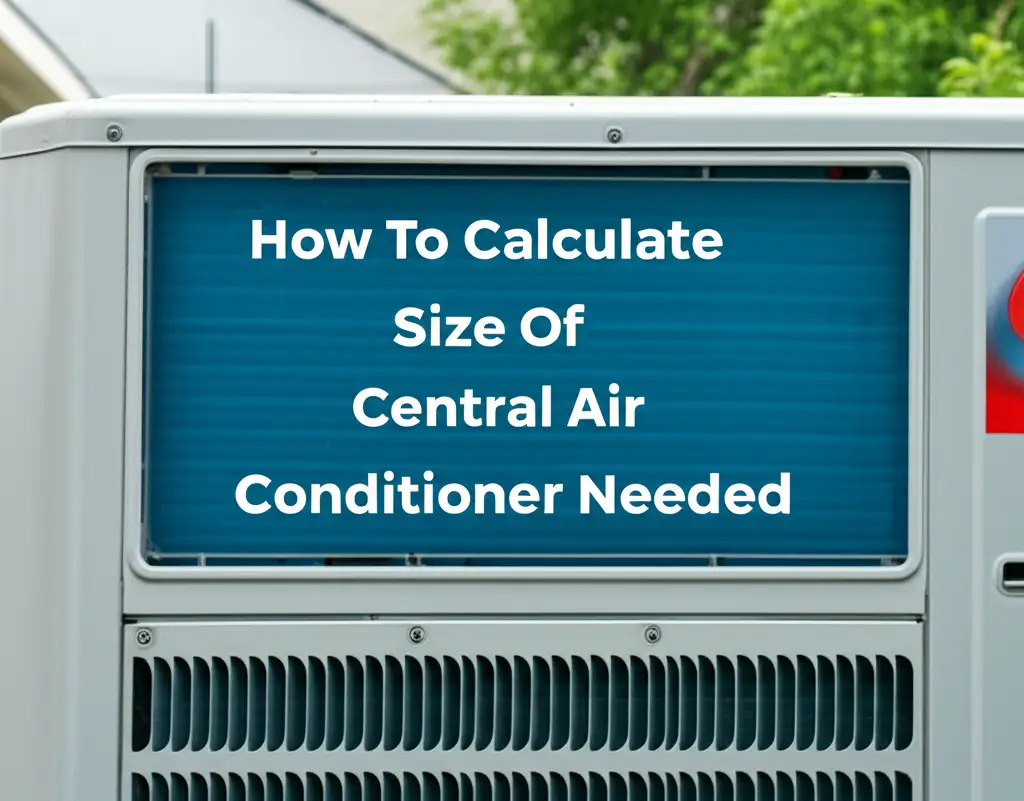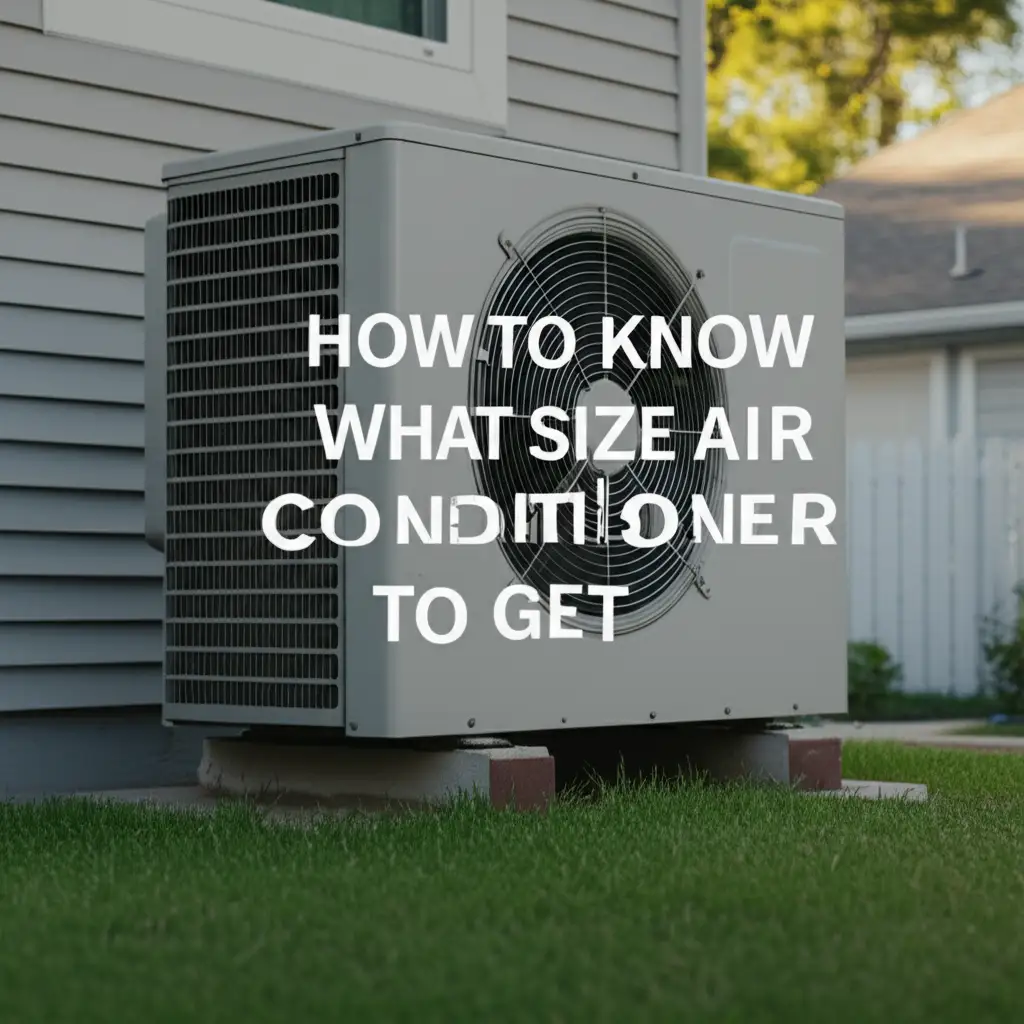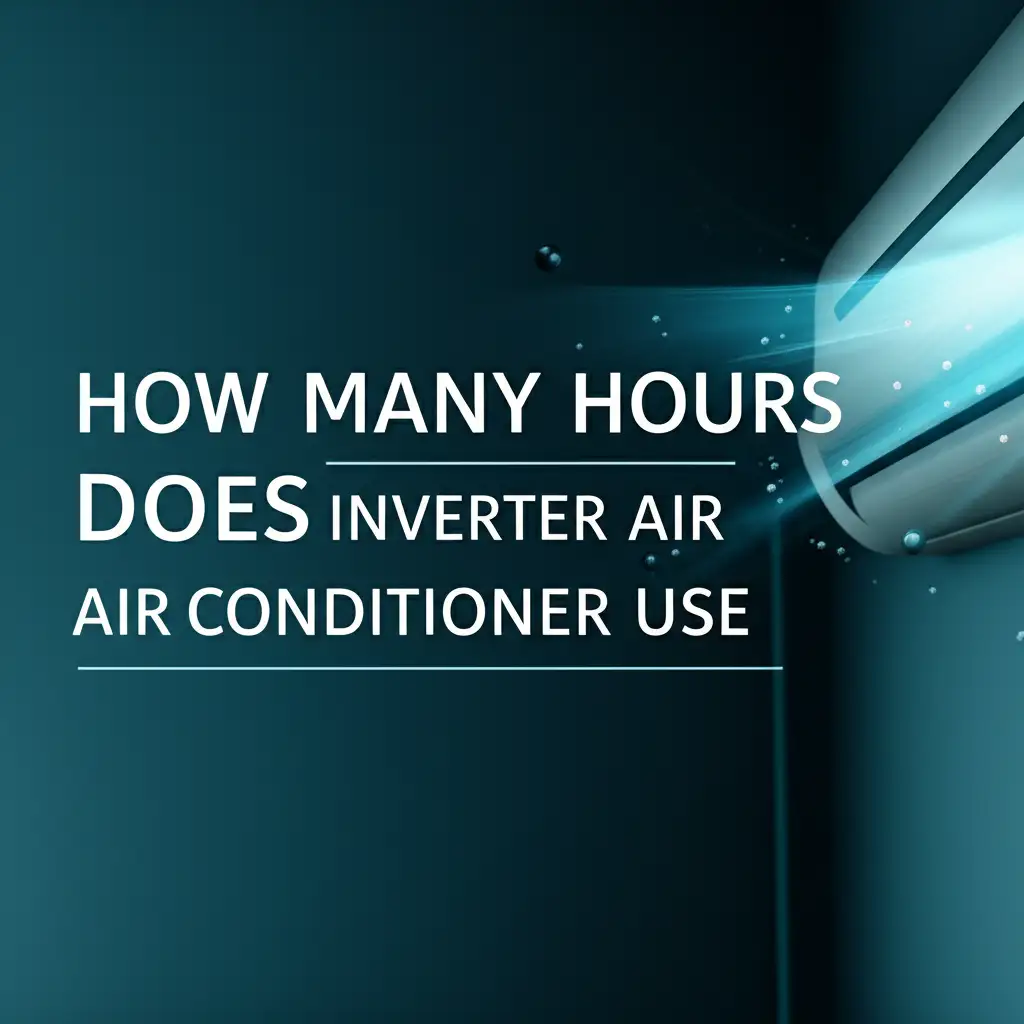· Todd Martin · Home Improvement · 21 min read
Why Does My Lg Air Conditioner Keep Turning Off

Why Your LG Air Conditioner Keeps Turning Off
There is nothing quite like the cool comfort an air conditioner provides on a hot day. But what happens when your LG air conditioner keeps turning off unexpectedly? This issue, often called “short cycling,” means your AC unit starts, runs for a short period, and then shuts down before reaching the set temperature. It is frustrating, inefficient, and can signal a deeper problem with your cooling system.
You might wonder why your reliable LG unit is suddenly misbehaving. This common problem affects many homeowners. It can stem from various sources, from simple maintenance oversights to more serious mechanical or electrical failures. Understanding these common causes helps you diagnose the issue. This article will guide you through the typical reasons your LG air conditioner might be turning off prematurely. We will explore practical steps you can take to troubleshoot and fix these issues, helping you restore consistent comfort to your home.
Takeaway
If your LG air conditioner keeps turning off, check these key areas first:
- Air Filters: Ensure they are clean and free of blockages.
- Thermostat Settings: Verify correct mode, temperature, and battery life.
- Drain Line: Clear any clogs to prevent water overflow.
- Outdoor Unit: Remove debris from the condenser coils and fan.
- Refrigerant Levels: Listen for strange noises or check for ice on lines.
- Electrical Components: Inspect circuit breakers and wiring for faults.
- Professional Help: Call a certified technician for complex issues like refrigerant leaks or compressor problems.
Why Does My LG Air Conditioner Keep Turning Off?
Your LG air conditioner keeps turning off due to problems like dirty air filters restricting airflow, low refrigerant levels causing freezing, faulty thermostats sending incorrect signals, or electrical issues such as tripped circuit breakers. Overheating due to a dirty outdoor unit or a malfunctioning compressor can also cause the unit to shut down as a safety measure.
Understanding LG AC Short Cycling: Why Your Unit Powers Down
When your LG air conditioner starts and stops frequently without completing a full cooling cycle, it is short cycling. This problem means your unit works harder than it should. It consumes more energy and puts extra stress on the internal components. This process leads to higher utility bills and a shorter lifespan for your AC.
Short cycling is not just an inconvenience. It often indicates a problem within the system. The unit cycles off because it meets a trigger point. This trigger could be an internal safety mechanism protecting the unit from damage. It might be a sensor detecting an issue, or simply a lack of proper airflow. Understanding this behavior helps in finding the root cause. This issue needs attention. Ignoring it can lead to more expensive repairs later.
The Impact of Short Cycling
Short cycling reduces your home’s comfort. Your LG air conditioner cannot remove enough heat and humidity from the air. The room never feels truly cool. You might find yourself constantly adjusting the thermostat. This behavior makes it hard to maintain a consistent indoor temperature. It also wastes a lot of energy. Each time the compressor starts, it uses a large surge of electricity. Frequent starts mean frequent power surges. This drives up your electricity costs.
Frequent starting and stopping also puts significant strain on the compressor. The compressor is the heart of your air conditioning system. Constant cycling causes wear and tear. This can lead to premature failure of this expensive component. A failing compressor often means replacing the entire outdoor unit. Addressing short cycling early helps save money and extends your AC’s life. Consider regular maintenance to prevent such issues. You can learn more about general AC cycling issues at Why Does My Central Air Conditioner Keep Turning On and Off.
Common Triggers for LG AC Shutdowns
Several issues can trigger your LG AC to turn off early. These range from simple fixes to complex repairs. For example, a clogged air filter prevents proper airflow. This makes the unit work harder, causing it to overheat and shut down. Low refrigerant levels also lead to issues. The system cannot properly absorb heat. This can cause the evaporator coil to freeze, prompting a shutdown. Electrical problems, like a tripped breaker or faulty wiring, will cut power to the unit.
Sensor malfunctions can also fool your AC into thinking the job is done. A bad thermostat reading might tell the unit the room is cool enough. The AC then turns off. Knowing these common triggers is the first step. It helps you identify what might be wrong with your LG air conditioner. We will explore each of these causes in detail.
The Silent Culprits: Common Causes of LG AC Turning Off
Many factors can cause your LG air conditioner to turn off unexpectedly. Some are simple maintenance problems. Others are more serious mechanical failures. Identifying the specific reason helps you fix the issue efficiently. Understanding these common culprits is key to effective troubleshooting.
Dirty Air Filters
One of the most frequent reasons an LG air conditioner keeps turning off is a dirty air filter. Air filters trap dust, dirt, and allergens. Over time, these filters become clogged. A clogged filter restricts airflow over the evaporator coil. This forces the unit to work harder to pull air through. Reduced airflow causes the evaporator coil to get too cold. It can even freeze solid. When ice forms on the coil, the system cannot absorb heat properly. It then turns off to prevent damage.
Changing or cleaning your air filter regularly is a simple fix. Most manufacturers recommend checking filters monthly. Replace or clean them every 1 to 3 months. This depends on usage and air quality. A clean filter allows your LG AC to breathe freely. This prevents overheating and short cycling. You can find general tips for cleaning your AC at How to Clean Air Conditioner. For LG Dual Inverter models, specific instructions for filter cleaning are available at How to Clean Filter on LG Air Conditioner Dual Inverter.
Obstructed Condenser Unit
The outdoor unit of your LG air conditioner, called the condenser, releases heat from your home into the outside air. If the condenser coils are dirty or blocked by debris, they cannot dissipate heat effectively. Leaves, dirt, grass clippings, and other outdoor elements can build up on the coils. This insulation prevents proper heat exchange. The system builds up pressure and temperature.
When the condenser gets too hot, a safety mechanism kicks in. This mechanism shuts down the LG AC to prevent damage from overheating. Regularly clearing debris around the outdoor unit is important. Make sure there is at least two feet of clear space around the condenser. Gently rinse the coils with a garden hose to remove dirt. Always turn off the power to the unit at the breaker box before performing any cleaning. This helps ensure safety. Maintaining a clean condenser helps your AC run efficiently. Learn more about cleaning your overall AC unit at How to Clean Air Conditioner Unit.
Frozen Evaporator Coil
A frozen evaporator coil is a common cause for an LG AC turning off. This occurs when the coil, located inside your home, becomes covered in ice. Several factors can lead to this issue. A dirty air filter is a major culprit. Low refrigerant levels can also cause the coil to freeze. When there is not enough refrigerant, the pressure drops. This makes the coil colder than it should be. This cold causes condensation on the coil to freeze.
Once the coil is frozen, your LG AC cannot cool the air. The system senses the lack of cooling. It may also detect the ice buildup through sensors. This triggers a safety shutdown. To thaw a frozen coil, turn off the AC and run only the fan. This helps melt the ice. Address the underlying cause after the ice melts. This will prevent freezing from happening again.
Thermostat Troubles: Your LG AC’s Brain Misbehaving
The thermostat acts as the brain of your LG air conditioner. It tells the unit when to turn on, when to turn off, and what temperature to maintain. A faulty or improperly set thermostat can easily cause your LG AC to short cycle or shut down unexpectedly.
Incorrect Thermostat Settings
Sometimes, the simplest explanation is the right one. Your LG air conditioner might be turning off because of incorrect thermostat settings. If the thermostat is set too low, for example, your AC might struggle to reach that extreme temperature. It might run constantly, overheat, and then shut down. Alternatively, if the temperature differential is set too small, the unit might cycle on and off very frequently. This leads to short cycling.
Check your thermostat’s mode. Ensure it is set to “Cool” and not “Fan” or “Auto.” Verify the desired temperature. Make sure it is realistic for your climate and comfort. If you have a programmable thermostat, check its schedule. An old schedule might be causing unexpected shutdowns. Adjusting these settings correctly can often resolve the issue without needing a professional.
Faulty Thermostat or Sensor
A more serious issue can be a faulty thermostat or a malfunctioning temperature sensor within the thermostat itself. If the thermostat cannot accurately read the room temperature, it will send incorrect signals to your LG AC. For instance, it might incorrectly believe the room has reached the set temperature. It then tells the AC to turn off prematurely. This leads to frequent on-off cycles.
Sometimes, the issue is with the thermostat’s internal components. The wiring might be loose. The batteries might be low or dead. Low batteries can cause intermittent operation or complete failure. Replace the batteries first if your thermostat uses them. If the problem persists after checking settings and batteries, the thermostat itself might need replacement. A technician can test the thermostat’s sensors and connections.
Thermostat Placement
The location of your thermostat also plays a critical role. If your LG AC’s thermostat is in direct sunlight, near a heat source like a lamp, or close to a vent, it can get skewed temperature readings. For example, if direct sunlight hits the thermostat, it will read a higher temperature than the actual room temperature. This causes the AC to run longer than needed. It can also cause the AC to turn off if the thermostat thinks the room is cool enough because of a sudden draft.
Make sure your thermostat is on an interior wall. It should be away from windows, heat-emitting appliances, and supply registers. This ensures it gets an accurate reading of your home’s average temperature. Proper placement helps your LG AC operate efficiently and avoids unnecessary cycling.
Airflow Obstructions: The Breathing Problems of Your LG AC
Proper airflow is essential for your LG air conditioner to cool effectively. Any restriction in airflow can cause the unit to overwork, leading to overheating and premature shutdowns. These obstructions can occur both indoors and outdoors.
Blocked Return Air Vents
Your LG air conditioner needs to pull warm air from your home to cool it. This air enters through return air vents, typically large grilles located in central areas or hallways. If these vents are blocked, your AC unit cannot pull in enough air. Furniture, curtains, or even large rugs can obstruct these vents. When the return airflow is insufficient, the system experiences negative pressure. This causes the evaporator coil to freeze over.
A frozen coil leads to reduced cooling and eventually triggers a safety shutdown. Regularly check that all return air vents are clear. Ensure no items are blocking them. This simple step can significantly improve your LG AC’s performance. It also helps prevent short cycling.
Closed Supply Vents
While it might seem counterintuitive, closing too many supply vents (the vents where cool air comes out) can also cause problems. Many people close vents in unused rooms to “save energy.” However, central air conditioning systems are designed to operate with a certain amount of airflow. Closing vents increases pressure within the ductwork. This can reduce the overall airflow the system needs.
Reduced airflow can lead to similar issues as a blocked return vent. The evaporator coil might freeze, or the compressor might struggle. This causes the LG AC to short cycle or turn off. Keep most supply vents open to allow for proper air distribution. This maintains the balanced airflow your system needs.
Dirty Air Ducts
Over time, dust, dirt, pet dander, and other debris can accumulate inside your home’s air ducts. This buildup restricts the smooth flow of air. Dirty ducts reduce the efficiency of your LG air conditioner. They also force the unit to work harder to push and pull air. This added strain can cause the AC to overheat and turn off as a protective measure.
While not a daily check, periodic duct cleaning can be beneficial, especially if you notice reduced airflow, increased dust, or if your system is old. A professional duct cleaning service can remove years of accumulated grime. This restores proper airflow and helps your LG AC run more smoothly. Improving airflow can reduce the instances of your air conditioner turning off unexpectedly.
External Obstructions Around Outdoor Unit
We mentioned the condenser coils earlier. Beyond the coils themselves, ensuring clear space around the entire outdoor unit is crucial. Plants, shrubs, fences, or other structures too close to the condenser can block airflow. The unit needs to draw in air from all sides and exhaust hot air efficiently.
If airflow is restricted, the condenser cannot effectively release heat. This causes the system pressure to rise and the components to overheat. The LG AC will then shut down to prevent damage. Maintain at least 2 feet of clearance on all sides of the outdoor unit. Keep the area free of weeds, leaves, and debris. This helps your unit dissipate heat properly and run without interruption.
Refrigerant Leaks and Low Levels: The Lifeblood of Your LG AC
Refrigerant, often called Freon, is the chemical compound that absorbs heat from your home and releases it outside. It is the lifeblood of your LG air conditioner. If the refrigerant level is low, your AC cannot cool properly. This often leads to the unit turning off prematurely.
Signs of Low Refrigerant
Low refrigerant is a common and serious issue. It usually points to a leak in the system. Your LG air conditioner is a closed system. Refrigerant levels should not naturally decrease over time. If they are low, it means there is a leak somewhere. One common sign is a frozen evaporator coil, which we discussed. Another sign is a noticeable decrease in cooling performance. The air coming from the vents may not be as cold as it should be.
You might also hear a hissing or bubbling sound. This sound can indicate a refrigerant leak. A strange smell, though less common, can also be a sign of a leak. If you suspect low refrigerant, do not try to add more yourself. This requires a certified HVAC technician. They can find and repair the leak. They can also recharge the system to the correct level. Running an LG AC with low refrigerant can cause severe damage to the compressor.
Overheating Due to Low Refrigerant
When refrigerant levels are low, the pressure in the system drops. This causes the evaporator coil to become excessively cold. It can freeze over quickly. Simultaneously, the compressor has to work much harder to try and compress the limited amount of refrigerant. This overexertion causes the compressor to overheat.
Modern LG air conditioners have safety features. These features detect dangerously high temperatures or pressures. When the compressor overheats, a thermal overload switch activates. This switch immediately shuts down the entire unit to prevent permanent damage. This protective shutdown is why your LG AC keeps turning off. A professional diagnosis is essential to address refrigerant issues safely and effectively.
Impact on Compressor and System Longevity
Low refrigerant levels put immense stress on the compressor. The compressor is designed to operate within specific pressure and temperature ranges. When refrigerant is low, the compressor runs continuously. It tries to reach the desired temperature. This extended operation without proper cooling can cause the compressor to burn out. Replacing a compressor is one of the most expensive AC repairs. Often, it makes more sense to replace the entire outdoor unit.
Addressing refrigerant leaks promptly is critical for your LG AC’s longevity. A small leak left unaddressed can lead to a complete system failure. Regular maintenance checks by a professional can help detect and fix minor leaks before they become major problems. Maintaining proper refrigerant levels ensures your LG AC runs efficiently and lasts for many years.
Electrical Issues and Component Failure: Powering Down Unexpectedly
Electrical problems can cause an LG air conditioner to turn off without warning. These issues range from simple circuit overloads to more complex component failures within the unit. Understanding these electrical faults is crucial for safe troubleshooting.
Tripped Circuit Breaker
The most straightforward electrical issue is a tripped circuit breaker. Your LG air conditioner draws a significant amount of electricity, especially when the compressor starts. If the circuit it is on is overloaded or there is a short circuit, the breaker will trip. This cuts off power to the unit as a safety measure. It protects your home’s wiring from damage and prevents electrical fires.
To check if a tripped breaker is the cause, go to your home’s electrical panel. Look for a breaker switch that is in the “off” position or halfway between “on” and “off.” Flip it completely to “off” and then firmly back to “on.” If the breaker trips again immediately or soon after restarting the AC, there is a persistent electrical problem. This means you should call a qualified electrician or HVAC technician. Do not repeatedly reset a tripping breaker without addressing the underlying cause.
Faulty Capacitors
Capacitors are essential electrical components in your LG air conditioner. They provide the initial jolt of electricity needed to start the compressor and the outdoor fan motor. They also help keep these components running smoothly. An AC unit typically has a start capacitor and a run capacitor. Over time, capacitors can weaken or fail due to heat and wear.
When a capacitor is faulty, the compressor or fan motor may struggle to start or run efficiently. It might hum but not start, or it might start briefly and then shut off. This failure can cause the LG AC to short cycle or turn off completely. Signs of a bad capacitor include a clicking sound, slow fan rotation, or the unit failing to start at all. Replacing a capacitor is a relatively inexpensive repair for a professional.
Wiring Problems
Loose, corroded, or damaged wiring within your LG air conditioner or its electrical connection can also lead to intermittent operation or shutdowns. Wiring issues can cause power interruptions. They can create resistance, leading to overheating at connection points. This can be inside the outdoor unit, the indoor unit, or the thermostat wiring. Rodents sometimes chew through wires, or connections can simply loosen over years of vibration.
A short circuit due to damaged wiring will immediately trip the circuit breaker. Loose connections can cause voltage drops. This forces components to work harder, leading to overheating and shutdowns. Inspecting wiring requires caution. Always turn off power to the unit at the breaker box before checking any wires. If you find frayed wires or loose connections, it is best to call a professional. Working with electrical components can be dangerous if you lack proper training.
Sensor Malfunctions and Logic Board Glitches: The AC’s Inner Voice
Modern LG air conditioners rely on various sensors and a main control board (logic board) to operate efficiently. When these components fail or misread conditions, your AC can act erratically, including turning off prematurely.
Malfunctioning Temperature Sensors
Your LG air conditioner has multiple temperature sensors. These include sensors on the evaporator coil, condenser coil, and ambient air sensors. These sensors monitor temperatures throughout the system. They send data to the control board. If a sensor fails or provides an inaccurate reading, the logic board might receive faulty information. For instance, a sensor might incorrectly report that the coil is dangerously cold. Or it might say the room has reached the set temperature.
When the logic board receives these false readings, it might command the LG AC to shut down. This happens even if no real problem exists. This is a safety measure to prevent damage based on incorrect data. A technician can test these sensors for continuity and accuracy. Replacing a faulty sensor can often resolve the short cycling issue.
Logic Board (Control Board) Issues
The logic board, or control board, is the central nervous system of your LG air conditioner. It receives signals from the thermostat and all sensors. It then sends commands to the compressor, fans, and other components. A glitch or failure in the logic board can cause erratic behavior. This includes unexpected shutdowns. The board might malfunction due to power surges, age, or manufacturing defects.
Symptoms of a bad logic board can be varied. The unit might not respond to thermostat commands. It might turn on and off randomly. Or it might display error codes that do not correspond to any apparent problem. Diagnosing a faulty logic board can be difficult. It often requires specialized tools and knowledge. If you have ruled out other common issues, a professional HVAC technician can test the logic board. They can determine if it needs repair or replacement.
Overload Switch Activation
Your LG air conditioner has internal safety devices called overload switches. These switches protect critical components, like the compressor and fan motors, from damage due to excessive heat or electrical current. If a motor starts to overheat, or if there is an electrical surge, the overload switch trips. This immediately cuts power to that component or the entire unit.
Causes for an overload switch activation often tie back to other issues we have discussed. These include:
- Dirty coils: Lead to overheating.
- Low refrigerant: Causes the compressor to work harder and overheat.
- Faulty fan motor: Cannot cool components properly.
- Bad capacitor: Prevents the motor from starting correctly, causing it to draw too much current.
When an overload switch trips, your LG AC turns off as a protective measure. It usually resets automatically once the component cools down. However, if it trips repeatedly, it indicates a serious underlying problem. You must address the cause to prevent permanent damage to the motor or compressor.
Professional Help: When to Call an HVAC Technician
While many LG air conditioner issues can be troubleshooted by a homeowner, some problems require professional expertise. Knowing when to call a certified HVAC technician can save you time, money, and potential hazards.
When DIY Isn’t Enough
You can handle routine maintenance like cleaning filters, clearing debris from the outdoor unit, and checking thermostat settings. However, issues involving refrigerant, electrical components beyond the circuit breaker, or internal mechanical parts are best left to professionals. Attempting complex repairs without proper training can be dangerous. It can also cause further damage to your LG AC unit.
If your LG air conditioner continues to turn off after you have checked the basic causes, it is time to call an expert. For example, if you suspect a refrigerant leak, or if the unit is making unusual noises, professional help is necessary. Technicians have the specialized tools and knowledge to diagnose these complex problems accurately. They can also perform repairs safely.
Diagnosing Complex Issues
HVAC technicians can perform a comprehensive diagnostic check of your LG air conditioner. They can accurately measure refrigerant levels and identify leaks. They use pressure gauges and leak detectors. They can test electrical components like capacitors, relays, and motors. They check wiring for continuity and shorts. Professionals also have the ability to assess the health of your compressor and other major components.
They can identify subtle problems that might not be obvious to the untrained eye. For example, a failing fan motor bearing might not stop the fan immediately. But it can cause it to draw excessive current, leading to an eventual shutdown. A technician can spot these issues. They provide precise solutions.
The Benefits of Professional Repair
Hiring a professional for your LG air conditioner repair offers several benefits.
- Expertise and Safety: Technicians are trained and certified. They know how to work safely with high voltage electricity and refrigerants.
- Correct Diagnosis: They can pinpoint the exact cause of your AC turning off, preventing costly guesswork.
- Proper Tools: They have specialized equipment for accurate testing and repair.
- Quality Parts: Professionals use genuine or high-quality replacement parts. This ensures lasting repairs.
- Warranty Protection: Many LG warranties require professional servicing to remain valid. DIY repairs can void your warranty.
- Long-Term Solutions: They provide long-term solutions, not just temporary fixes. This extends your AC’s lifespan.
Regular
- LG AC
- AC troubleshooting
- air conditioner repair
- AC short cycling
- LG appliance issues
- HVAC maintenance
- home cooling





